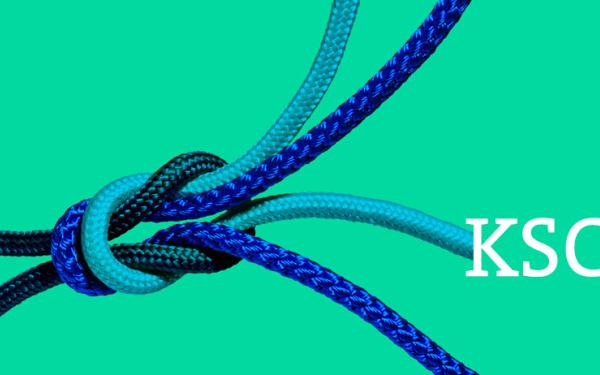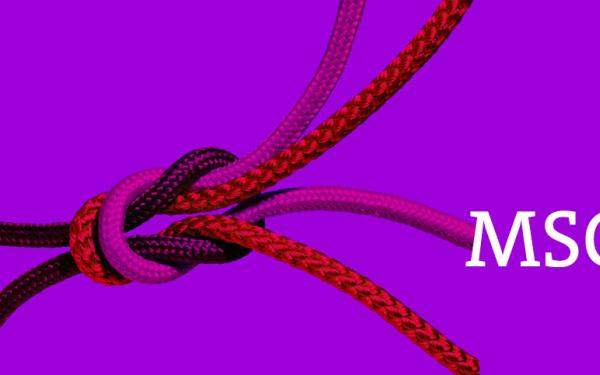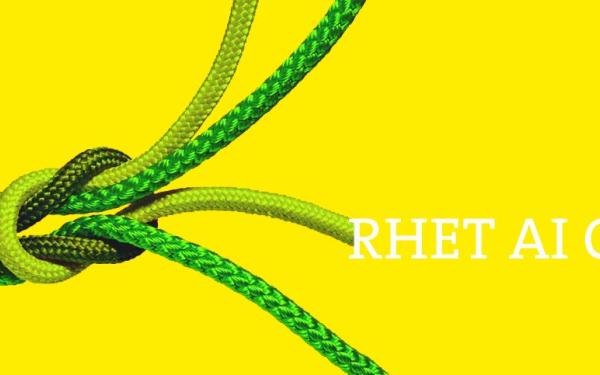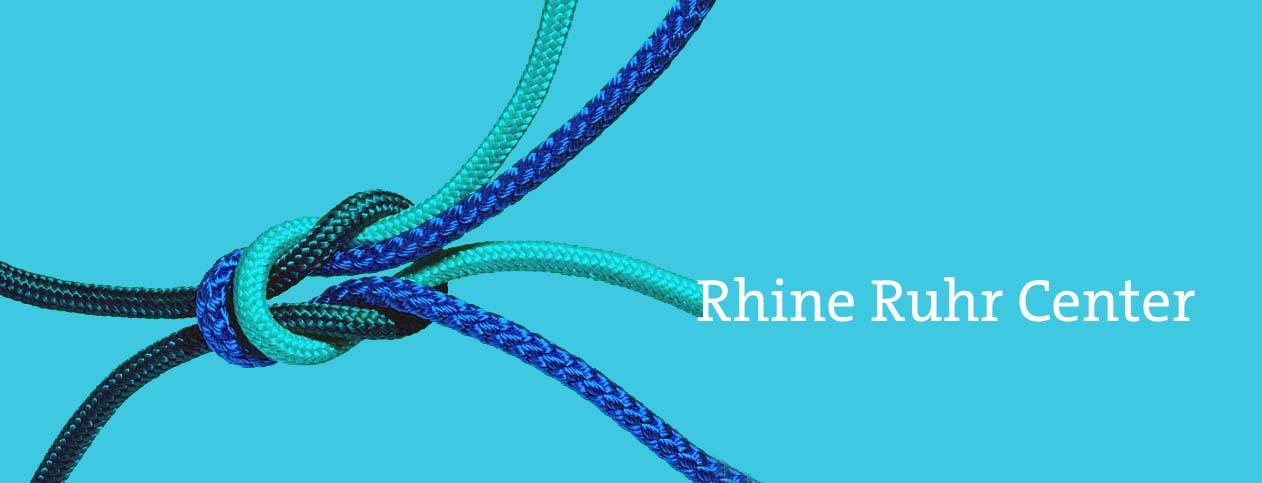
Exploring science communication: The RRC
Disinformation, media fragmentation, instrumentalization of science – how can the facticity crisis be countered? One of the central research questions at the Rhine Ruhr Center for Science Communication Research (RRC).
How can communication with heterogeneous target groups be accomplished successfully? How can research processes be made more clearly comprehensible and the inner workings of the institutions involved be made more transparent? And what is needed to strengthen public trust in the role of science?
Four newly founded interdisciplinary research centers in Kiel, Tübingen, Bonn/Dortmund and Munich are being supported as part of the "Science Communication Cubed" funding initiative, which aims to establish long-term experimental spaces for research on science communication. In each of the four centers, practitioners of science communication work side by side with researchers drawn from across the disciplines and communication sciences, each with a different focus.
Rhine Ruhr Center for Science Communication Research (RRC)
Modern societies depend on knowledge: something that today can be produced quickly and in large quantities. How can citizens, politicians and other decision-makers find their way through such a dauntingly high flood of information and complex interdisciplinary contexts? This question is the core topic being explored at the Rhine Ruhr Center for Science Communication Research.
"There is a growing concern in the political sphere that we can no longer agree on basic facts and are losing touch with our shared reality," describes science sociologist David Kaldewey. There is hope, though, that science can intervene to correct this.
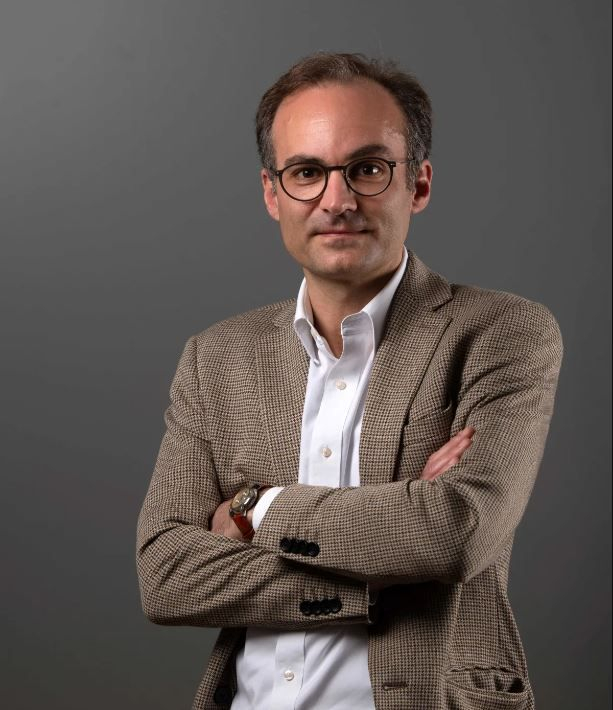
Professor David Kaldewey teaches Science and Technology Studies and Politics at the University of Bonn. As a science sociologist, he is interested in the bases for action and decision-making on the part of various actors at the intersection of science, politics and society.
Crisis of facticity
"But science cannot generate a clear answer to every question that policymakers and society can then refer to in decision-making," explains Kaldewey. Rather, it is part of science that researchers adopt different perspectives, each of which is important in its own right. They operate with multiple facts and factors; their findings are constantly updated and may sometimes appear uncertain or even contradictory. This multiplicity, the seemingly impenetrable complexity of facts, factors and perspectives, gives rise to a spectrum of phenomena that constitute the crisis of facticity. "It extends beyond fake news and alternative facts: from politicized use, through the distorted presentation of scientific findings and up to disinformation and science denial," Kaldewey explains.
Science journalists, as experts in certain fields of science as well as in communication, have an important role to play in overcoming this crisis. They are therefore an important target group – and at the same time active participants in the research being planned at the Rhine Ruhr Center for Science Communication Research.
In dialog: Making ideas transparent
A central element of the planned research is to develop orientation knowledge about structures and processes in the science system and to make it available to science journalists and other intermediary actors. In a first step, the researchers would like to find out more about the prevailing understanding of scientific working methods. In order to make the ideas of different actors and target groups transparent, they are entering into a dialog with science journalists as well as with students and actors in science management. "The planned workshops are based on a format comprising research, dialog and continuing education: they map the research center's content triangle," says Kaldewey and goes on to explain, "In the sociology of science, the images and perceptions that different groups of actors have of science are a central research topic. For the journalists, the workshops constitute further education through which they reflect on their own personal ideas of research. And the communication scientists at the research center observe and analyze the ensuing dialog." In this way, the questions and issues voiced by the science journalists are incorporated into the center’s research agenda. One goal of the workshops is to jointly develop future strategies to better communicate a general understanding of science and the science system.
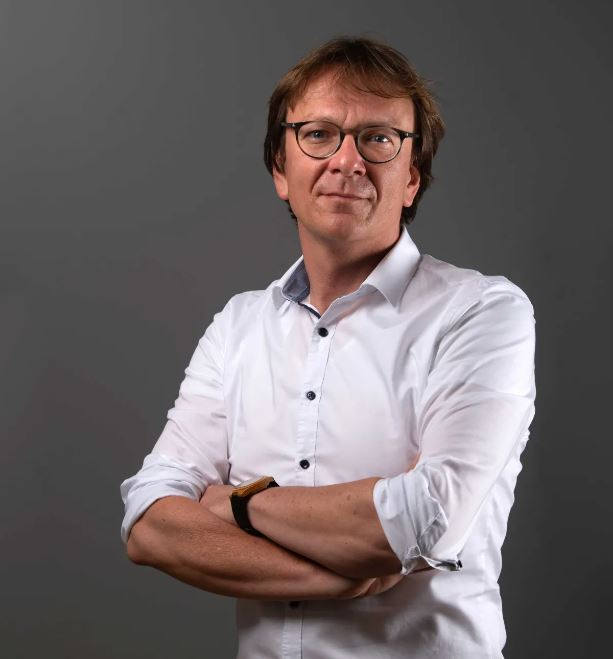
Professor Holger Wormer conducts research at Germany's only university chair for science journalism at TU Dortmund University. He hopes that science communication will once again become more oriented toward scientific and journalistic standards rather than PR and marketing.
"So far, science communication has focused too much on the presentation of results," says Holger Wormer. "Our challenge is to also present and explain the less tangible processes and methods within science in a clear and understandable way." An understanding of this, he says, is central to society being able to deal with the multiplicity of facts and information. The researchers at the Rhine Ruhr Center for Science Communication Research therefore want to develop innovative formats that can be used to communicate even "unwieldy scientific topics" in an understandable way.
Identifying robust knowledge
Those involved in the research center have a particular focus on the humanities and social sciences. Here, the need for orientation knowledge for journalists is particularly high, says the managing director of the Science Press Conference, Franco Zotta. "In science reporting, there is a tendency to focus on the scientific and technical disciplines," observes Zotta. "This focus can be explained – namely with the history of departmental differentiation in journalistic newsrooms. But it also means a structural limitation of perspectives in the search for answers."
The fact that the humanities and social sciences tend to receive less attention in science journalism leads to a subsequent lack of information for decision-making processes in the public sphere. "Our goal is to provide science journalists with suitable heuristic techniques – procedures with the help of which they can identify robust bodies of knowledge even in sciences that have previously received less attention and open them up for public discourse."
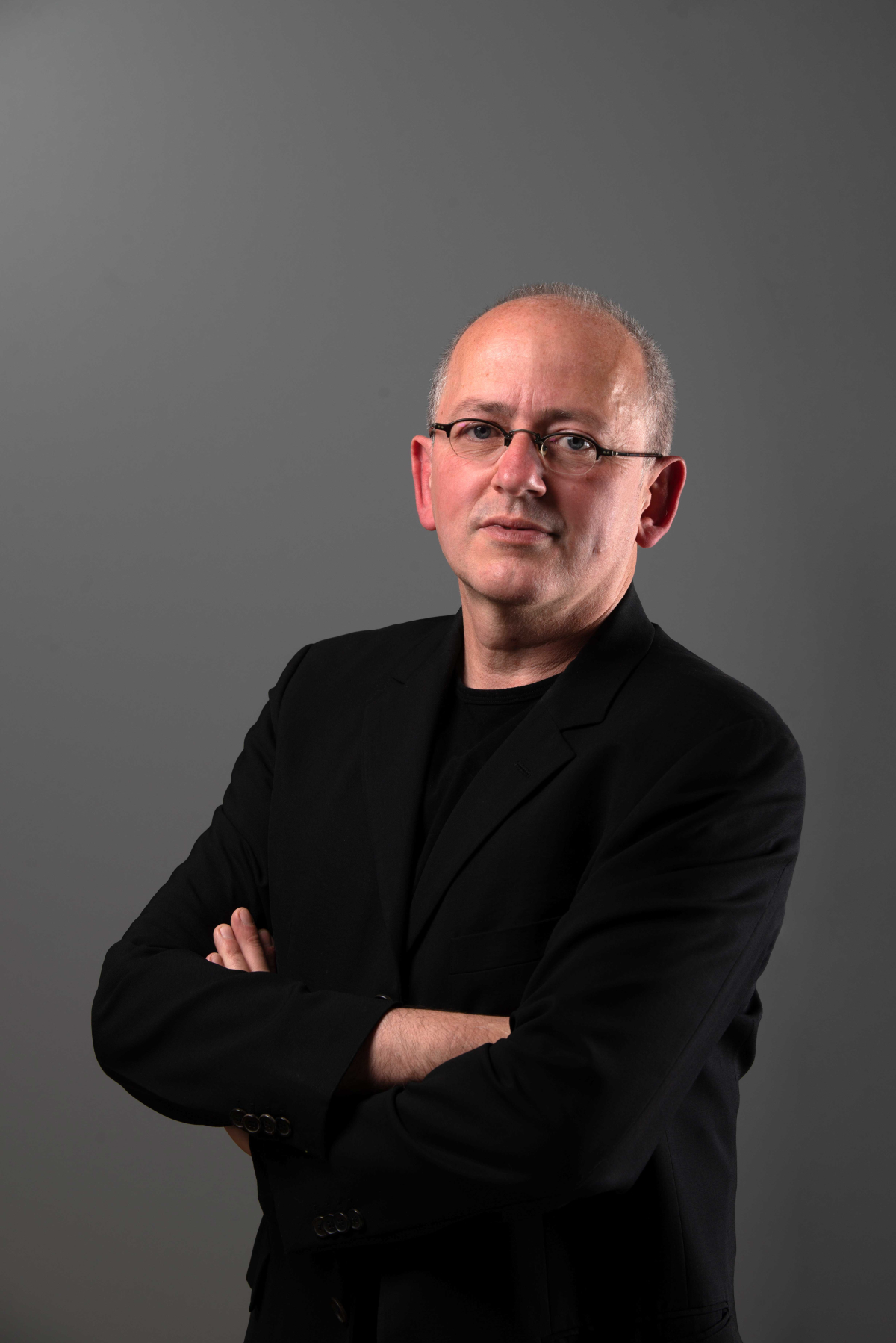
Dr. Franco Zotta is managing director of the Science Press Conference, a professional association for science journalism in Germany. He is convinced that democracies become dysfunctional in the absence of the informed guidance provided by quality journalism.
Our goal is to provide science journalists with suitable heuristic techniques
Together with the practice partner Science Media Center Germany, the researchers want, for example, to consolidate and further develop editorial research and selection routines in these topic areas.
Helping decision-makers make sound judgments
"As we go along, we may find that some humanities and social sciences are too complicated to break down in the search for robust bodies of knowledge," Zotta says. "But our desire is to succeed in finding logics by which a field of research can be sorted and to develop and test the appropriate heuristics for practitioners of science journalism and science communication." At the same time, the models set up must not be too simple, warns David Kaldewey. "Of course, we need criteria, for example, to be able to identify the serious, dependable scientists – but the selection is not binary," he explains. Scientists can rarely be sorted into dependable and undependable according to some simple formula. For example, even the arguments of serious scientists can, under certain circumstances, sometimes quite unexpectedly, become linked with conspiracy theory. The ultimate goal of the projects is to enable decision-makers – in politics as well as in editorial offices – to find their way through the thicket of expert opinions in order to remain capable of making judgments.
Sorting problems
"The moment scientists look at a complex field with different rationalities, new questions arise," says Franco Zotta. The challenge, he says, is to find logics according to which these questions can be translated into a recommendation for action. "Science is often the first to identify a problem as such," says Kaldewey. "Even the 'crisis of facticity' must first be specified as a problem, and that calls for different disciplinary perspectives."
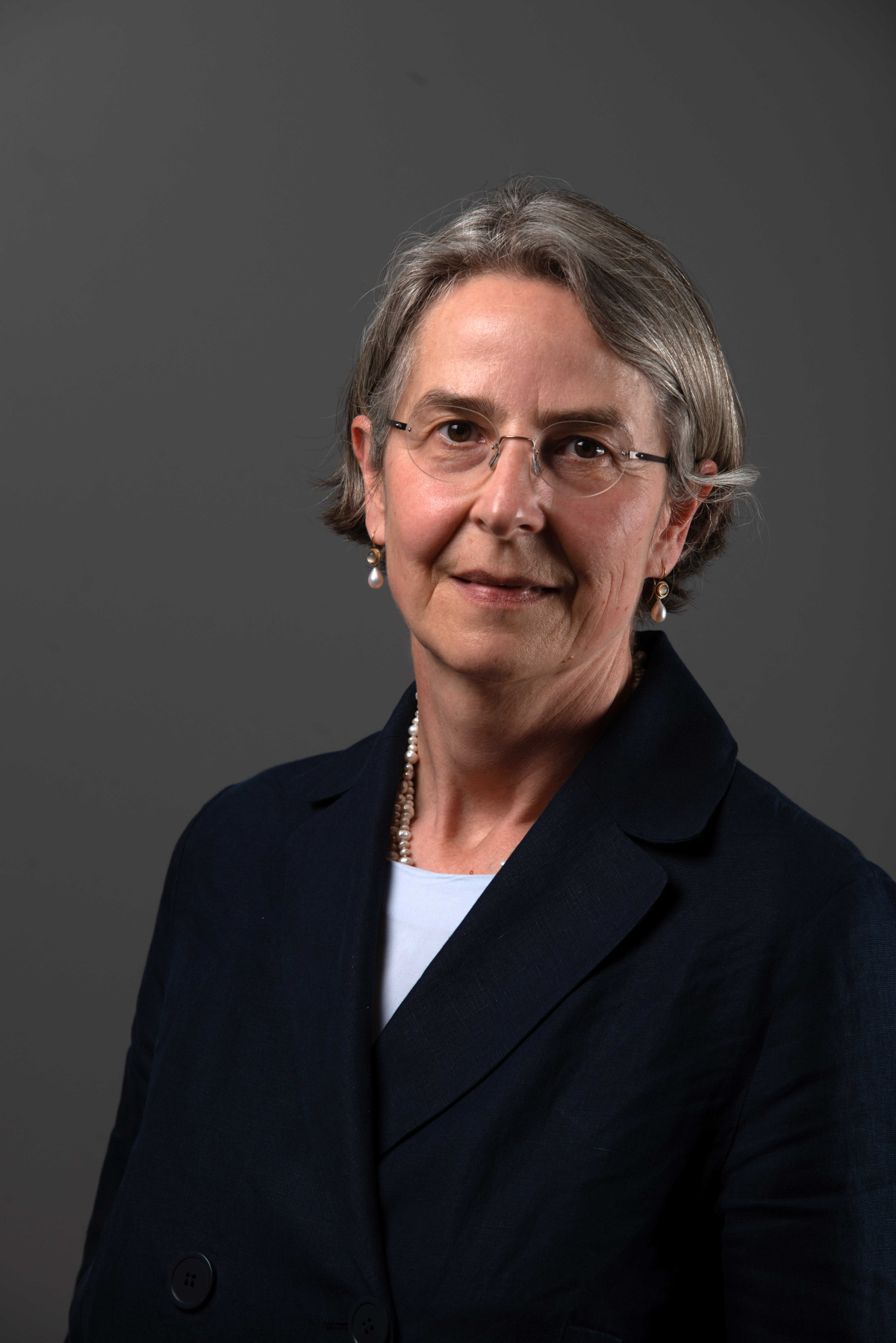
Prof. Dr. Julika Griem is Vice President of the German Research Foundation and heads the Institute for Advanced Study in the Humanities Essen.
Science is often the first to identify a problem as such.
This is the task that the new Rhine Ruhr Center for Science Communication Research has set itself. One of the mottoes of those involved is 'Unfolding complexity instead of simplifying'. "With our research, we want to unfold the complexity of science rather than simplify the contexts," explains Julika Griem. Sometimes a seemingly simple problem first has to be divided into many individual aspects, explains David Kaldewey. "Questions that can be scientifically analyzed then condense in this complexity of individual problems." For the researchers, this sorting of problems, issues and perspectives is an important part of educating people about science and science communication. One of their goals is to enable the actors in science communication to adequately classify problems. "And this includes problems that are not really problems at all," Zotta adds. In the synopsis of both approaches – narrowing the perspective in journalism, broadening it in science – he also perceives a chance to recognize sham debates. "For the space of public debate, it would already be a step forward to point out arguments that are not factually based, that merely reflect an opinion and only confuse the discourse," he says.
Differentiating target groups
In a society, there will always be people who close their minds to factual arguments. "It makes little sense to expect science communication to reach every last dissenter with a firmly entrenched worldview," Kaldewey notes. The task of science communication is to create maximum transparency and clarity and make knowledge publicly available. However, the target group for this cannot always be the entire population. "Abandoning this idealizing notion of an audience in the singular and instead concretely differentiating target groups and defining individual communication goals is a central point of our research," says Kaldewey. Then deep, fruitful discussions could be made possible in appropriate communication arrangements. "In the end, it's about using robust knowledge in dialog between scientists, decision-makers and democratic majorities to make good decisions and shape social coexistence."
Institutions involved in the Rhine Ruhr Center for Science Communication Research:
- Technische Universität Dortmund
- Universität Bonn
- Hochschule Bonn-Rhein-Sieg
- Kulturwissenschaftliches Institut Essen (KWI)

